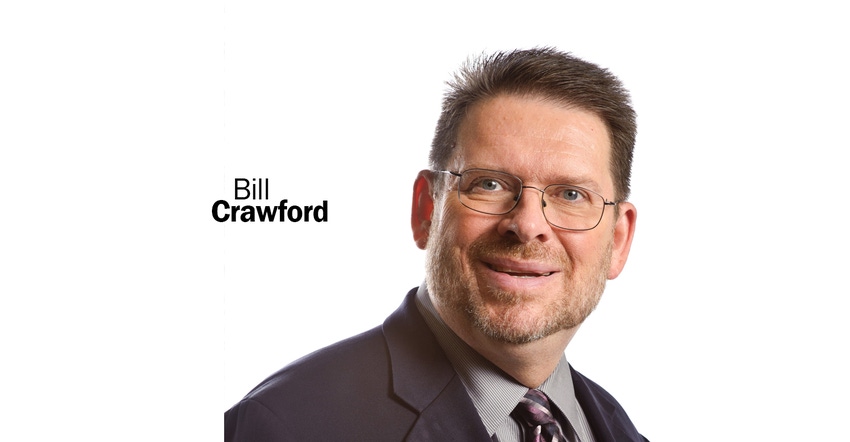Amazon and Whole Foods Market have two very different cultures, histories and leaders. Will there be compatibility enough to leverage the strengths of both brands, or will there be compatibility at all?
June 16, 2017

By now, I am sure that you have seen the news about Amazon buying Whole Foods Market. Talk about a game changer! Like many others who observe and analyze natural products retail, I keep tabs on what is happening at Whole Foods, but did not see this one coming. This is certainly confirmation that natural and organic products are mainstream and will continue to have a highly visible platform in front of consumers.
While it is far too early to definitively state how this will change the retailing of natural and organic products, it is certain to have wide-ranging implications for many parts of the industry. Here are a few questions and observations that come to mind:
Many natural and organic brands have their products on Amazon already. How will the Amazon ownership of Whole Foods affect that, if at all?
Whole Foods has a limited internal distribution network and a long-standing, strong partnership with UNFI. Given the nationwide presence of Amazon warehouses, does that affect the Whole Foods distribution network?
Similarly, due to Amazon’s volume and ability to drive costs down, does this purchase change the role that the brokerage community plays in Whole Foods? Many national brokerages have strong partnerships with Whole Foods, and they may be affected.
The most obvious potential changes are in the retail space. Whole Foods competes with independent natural foods stores, regional natural changes and grocery stores of all types. Amazon competes with just about everybody. The changes that this acquisition could bring about are far-reaching.
Now Amazon has a far-reaching, well-packaged and formulated private label brand of natural and organic products. Seeing how well the Kroger natural and organic private label brand has done, will the Whole Foods private label products be focused on to produce sales in that same way?
Will Amazon help Whole Foods finally shed the "whole paycheck" image?
How will Amazon marry its shipping of merchandise with having several hundred retail locations around the country? (Free delivery and a bottle, box or can of something great if you pick it up at a store.)
If the Whole Foods' volume is pulled out of its current brokerage and distribution channels, will that increase or decrease retail opportunities to work out programs and deals within the supply channel?
Does this finally convince the holdouts in the independent retail community that they need to have an online presence and that it has to be kept up to date?
Of course, there has to be the question: Will it work? Amazon and Whole Foods have two very different cultures, histories and leaders. Will there be compatibility enough to leverage the strengths of both brands, or will there be compatibility at all? This deal was made to enhance both brands, but if the execution of it does not go well, it may harm both of them.
Two things are certain. First, this deal will generate a lot of noise—for now and in the months to come. Second, retailers of natural and organic products need to start now on upping their game. Competition in the retail space has been tough. While their tactics are now yet known, it is safe to assume that Amazon wants to grow Whole Foods, and that will mean taking market share from other retailers. The time to build even greater customer loyalty, vendor programs, strong staffs and well-run stores is now.
About the Author(s)
You May Also Like




